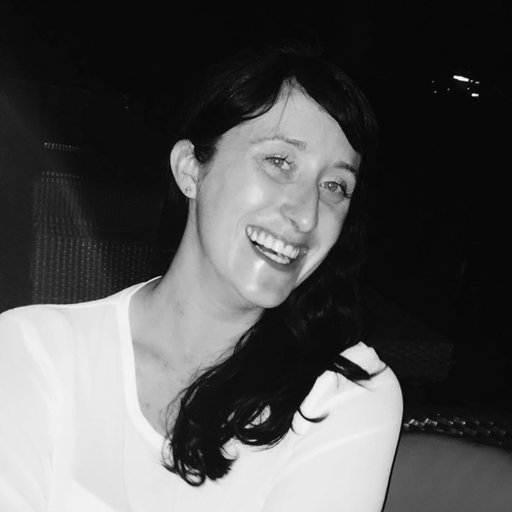Nicola (Nic) is a post-doc, working on possible treatments or chemopreventative compounds that could be used for E-cadherin deficient cancers.
An interview with Nic
What is your work here? What are you hoping to discover? Why will it be important?
My current research is focused on identifying drug targets for the treatment of cancers deficient in E-cadherin expression. We are using a synthetic lethal approach to identify proteins which can be inhibited to specifically kill cancer cells. As well as trying to find targets for chemotherapeutic drugs, we are also investigating drugs to use as chemopreventative agents- that is, medicines that could be used to kill E-cadherin deficient cells prior to the initiation of cancer. These two streams of research are important as germline E-cadherin mutations can cause a syndrome called hereditary diffuse gastric cancer (HDGC). Individuals in these families have a predisposition to gastric and breast cancers. Additionally, early loss of E-cadherin is a hallmark of sporadic lobular breast cancers. Both diffuse gastric cancer and lobular breast cancer present a number of clinical challenges for treatment and new strategies are required.
What attracted you to this area of research? What excites you about it?
I am motivated by the fact that the work we are doing has tangible real-world applications.
We have a pipeline for testing new drugs, from cells to organoids to mice, then hopefully to human trials. We know a number of the families impacted by CDH1 mutations and that gives us extra drive to find new drugs to help them.
What is the most difficult element of your work?
The most difficult element of research is keeping your head up when experiments aren't working. One of the most challenging aspects of science is working out why an approach you are taking isn't working. With experience this problem solving gets easier though. I always keep in mind the expression “nothing worth having comes easy” and this helps to keep me focused and motivated.
What's it like working in a lab? How did you come to be working here in this lab?
Working in a lab is fantastic, it is a dynamic environment where there is always something new going on. I love the practical aspect of research- a typical work day for me involves experiments interspersed with data analysis, reading and writing. No two days are the same, which is great, I can't imagine being stuck behind a desk all day!
What are the most important things you've had to learn to do well at your work?
I think the two most important skills I have had to hone for research are to think broadly and to be organised!
What advice would you give to someone in school who aspires to research?
I would recommended for people interested in science as a career to learn about a number of different fields before “settling down” in to one. I have worked in topics ranging from virology to respiratory toxicology to cancer. If you keep your interests broad it will serve you well; I have learnt different skills in every field, and have found that a number of these skills are beneficial in different areas of research.
Where did you grow up? What things interested you about the world as a child?
I grew up in Auckland. As a child (and still now) I was always fascinated by and loved animals of all types. For a while there I thought I would become a vet, but I can't stand to see animals in distress….so I don't think that career would've lasted long.
What subjects did you enjoy most at school? The least?
My favourite subjects at school were biology and history. Mathematics was by far by weakest subject!
Looking back, were there people in your family or community who influenced your field of study or sparked your interest?
My great Uncle John was a huge scientific inspiration to me growing up. He was an emeritus Professor in Entomology at the University of Washington.
I will never forget being about age 12 at a family wedding, when Uncle John demonstrated to me how to dissect the eye of a lobster that was served for dinner!
Where did you do your undergraduate study?
I did my undergraduate and postgraduate studies at the University of Auckland, then went to Singapore to undertake postdoc work. I came back to New Zealand in 2017, and have been with the Cancer Genetics lab since then.
What do you enjoy outside your work here?
Most of my downtime outside of work is hanging out with my husband and two Jack Russells- Pablo and Ostap- they are very full on pups! When we aren't walking on the beach you may find us in the garden. I read a lot too- I am fascinated by medical and military history.
